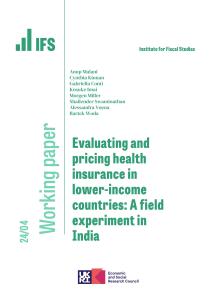Abstract
OBJECTIVE:
The present analysis aimed to examine the associations of isolation and loneliness, individually as well as simultaneously, with 2 measures of functional status (gait speed and difficulties in activities of daily living) in older adults over a 6-year period using data from the English Longitudinal Study of Ageing, and to assess if these associations differ by SES.
METHOD:
Loneliness was measured using the short form of the Revised UCLA scale, and an index of social isolation was computed incorporating marital status; frequency of contact with friends, family, and children; and participation in social activities. Measures of functional status were assessed identically at baseline and 6 years later for 3070 participants (mean age 69 years). Wealth was used as an indicator of SES.
RESULTS:
In fully and mutually adjusted models, social isolation and loneliness were found to be associated with a decrease in gait speed at follow-up, with stronger effects among more disadvantaged individuals. Loneliness was associated with an increase in difficulties with activities of daily living.
CONCLUSIONS:
Isolation and loneliness were adversely associated with different aspects of functional status. Interventions to reduce isolation and loneliness may be particularly beneficial for individuals in disadvantaged groups. (PsycINFO Database Record








